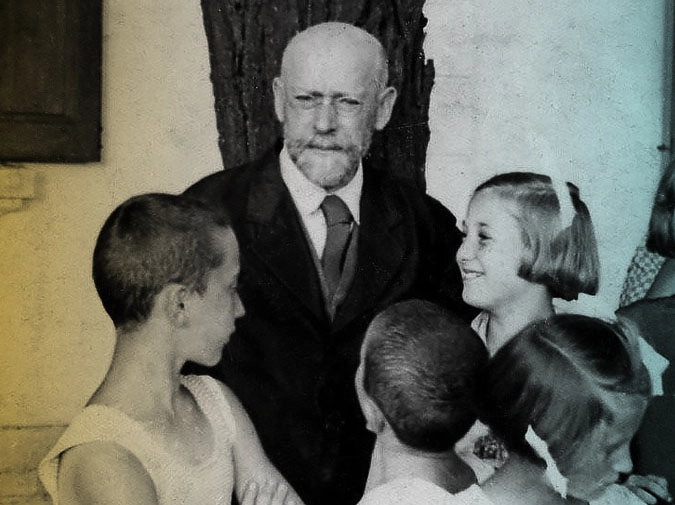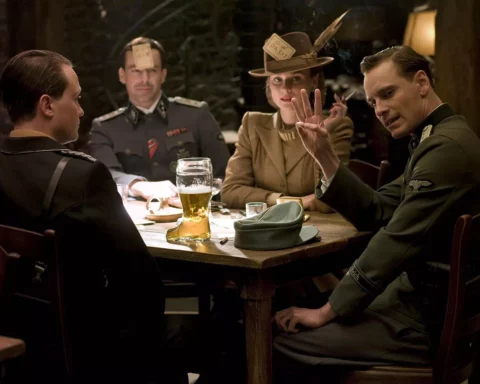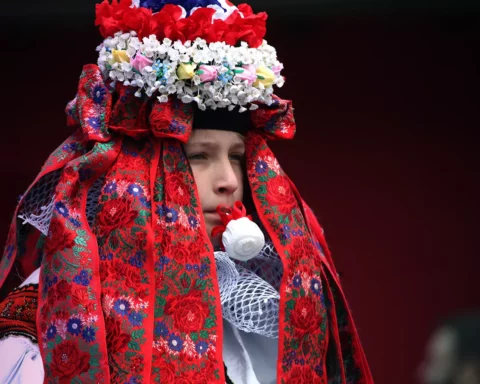Such maxims as: “Treat a child as if they were an adult, but never forget that they are but a child” or “Children are not the people of tomorrow but are the people of today” shouldn’t, hopefully, be mind-boggling to today’s readers, but they were in the past. The fact that they’re treated as common truths today is partially thanks to their author – 1930s Polish Jewish educator Janusz Korczak.
Nicknamed the “Old Doctor,” he was not only a physician but also a teacher, a writer, and an activist. However, of all the titles he might have been given, one stands out and says it all: a person who dedicated his life to children in every possible respect.
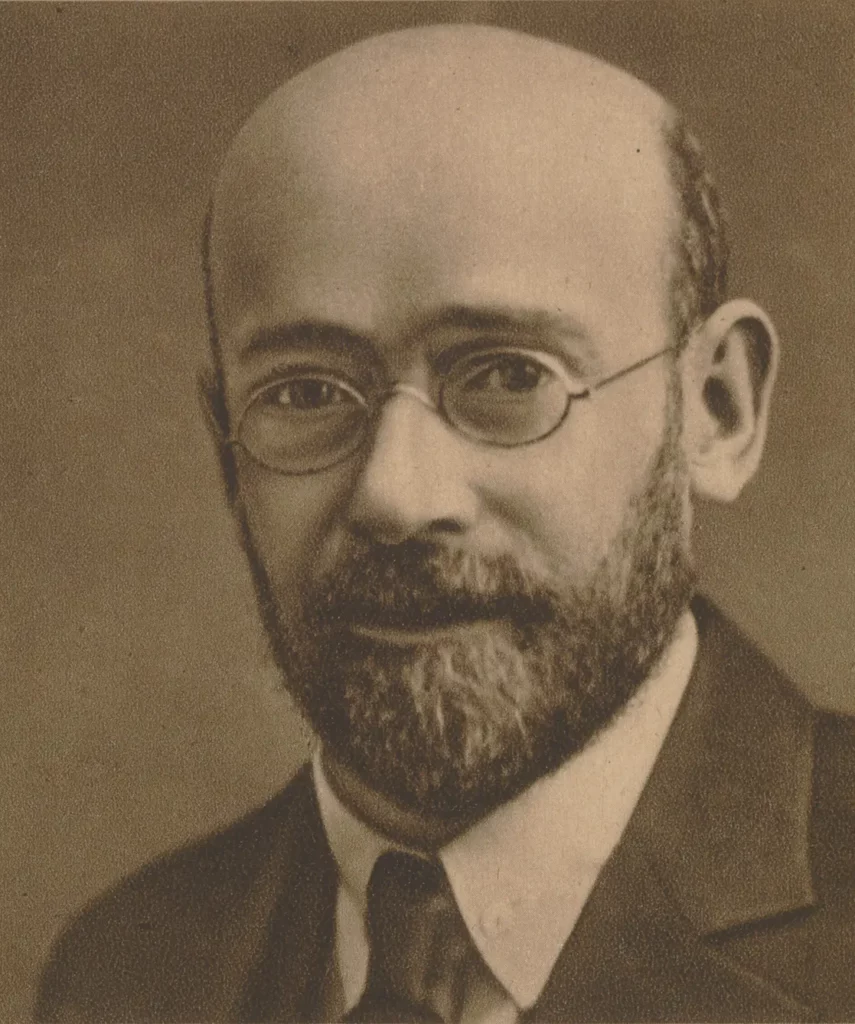
A young man who had to grow up quickly
Born in 1878 to an elite Jewish family, he was orphaned by his father at the age of 18 and became the sole breadwinner for his mother and sisters. At first, he became a doctor and was immediately thrown into deep water – as a subject of the Russian Emperor, he was enlisted as a field surgeon in the Japanese war of 1905. Upon his return to Warsaw, he became a pediatrician and developed a side career as a novelist and a publicist.
As a writer, he was constantly involved in social ideas and manifested a particular interest in the idea of what it’s like to be a child. Being an adult and a trained doctor, he dove into the field of children’s psychology – an idea that was in its early stages back in the early 20th century.
His studies and research are reflected in his works on the subject. In 1925, he published a work entitled “Kiedy znów będę mały” [When I’ll be Little Once More], where he claims that the real difficulty in interactions between adults and children was not the need for adults to constantly explain the world’s basic terms to a narrow child’s mind. Quite the opposite, he claimed that the real challenge was the constant effort to keep up with children’s rich and developed feelings and emotions.
In 1928, he published another work under the telling title “Prawo dziecka do szacuku” [“A Child’s Right to Respect”], where he argued that the role of a teacher in a child’s life is to help them discover who they are. The motto cited earlier, telling adults to treat children as grown-ups but to remember they are still just kids, was taken from this book.
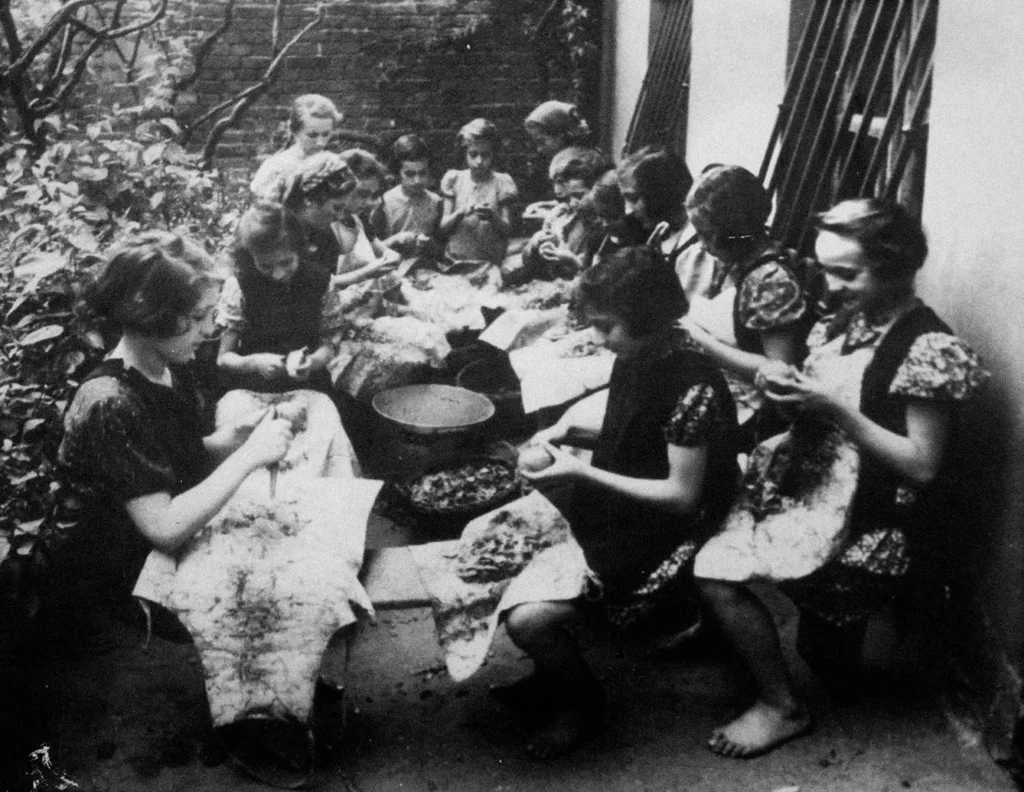
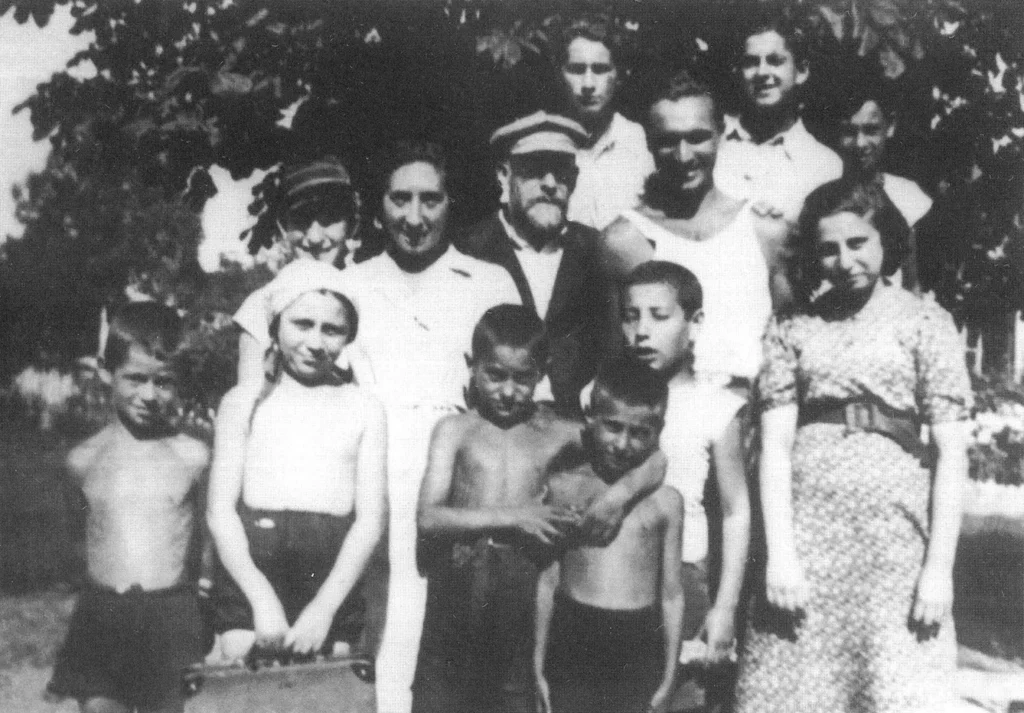
Janusz Korczak, a prolific writer
Yet that is but a drop in the ocean when it comes to Korczak’s rich output. His best-known kids’ literature masterpiece is the aforementioned “King Matt the First”. The novel tells the story of a boy who, after his parents’ death, becomes the king of his own kingdom. Far from being a comforting story about being spoiled and eating cake for breakfast, it follows the main character’s struggle to execute his authority against (adult) court advisors. He also fulfills the need to serve as a role model when his kingdom’s neighbors invade his country.
Upon his victory and return to the capital, he introduces children’s rights to the kingdom and, after the second invasion, becomes exiled to a desert island. There, the narrative follows the personal development of the adolescent Matt and his return to salvage his homeland and become a grown king.
Asked about King Matt’s war adventures, Korczak replied that, having been a combatant in a few subsequent wars, he knows a thing or two about them. But his own life ended in the cruelest of all wars – the Second World War.
With his children to the tragic end
Korczak fell victim to the Holocaust. As a Jewish teacher and social activist, he ran an orphanage for Jewish children. Under the German occupation of Poland, the institution was moved to the Warsaw Ghetto. Then, during the liquidation of the Ghetto in early August of 1942, the children were ordered to go to Umschlagplatz for their final journey to the Treblinka death camp.
Korczak refused an offer from Resistance members who wanted to smuggle him to safety, rather deciding to stay with “his” children to the end – all the way to the gas chamber. Moving eyewitness tales of this last march survive to this day, along with Korczak’s diary recording the last three months of life in the Ghetto.
Korczak’s legacy
Janusz Korczak remains an inspiration to generations of teachers. His fight for children’s rights and his tragic personal history are a testament to his groundbreaking ideas. It was Poland’s initiative to create the Children’s Rights Declaration by United Nations. Korczak may also have been the unacknowledged role model for Pan Kleks [Mr. Blot] – another Polish classic children’s character centered around an innovative teacher and sorcerer who fought to breathe life into a possibly autistic mechanical doll. His efforts were met with strong resistance from the authoritarian figure of a barber living downtown.
Was Korczak an actual sorcerer? Well, with his broad skills (a physician, a psychologist, a writer, a journalist, a social activist, and a human rights researcher), he might well have been.


